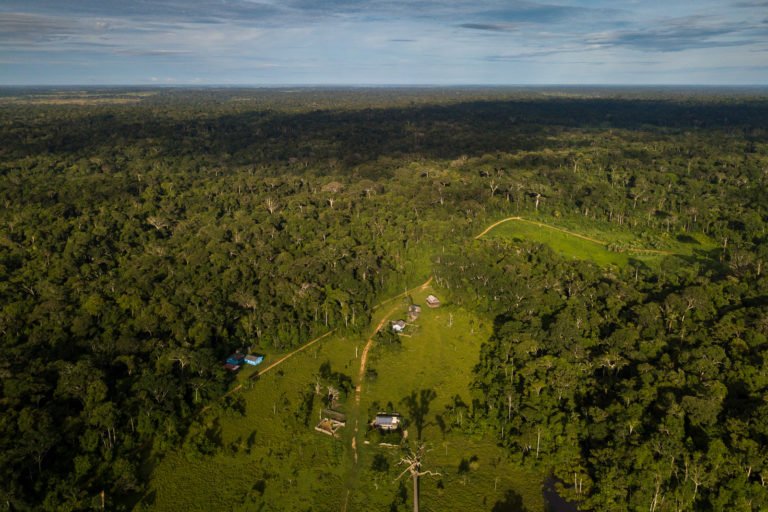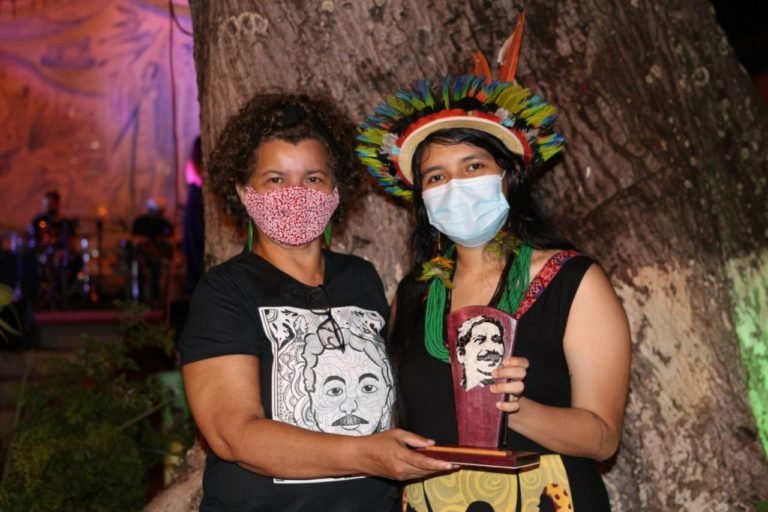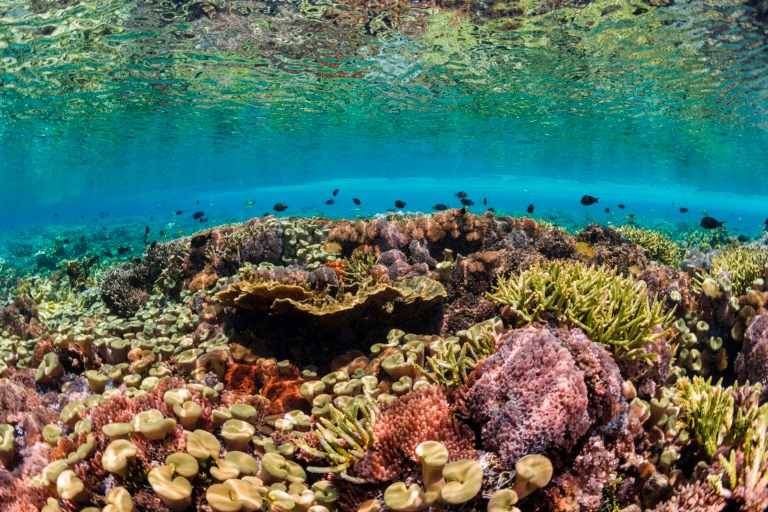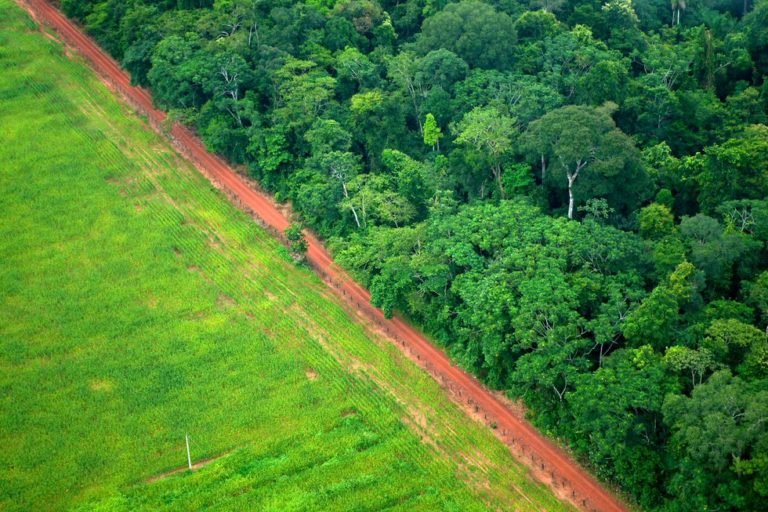- Environmental activist Ângela Mendes coordinates the Chico Mendes Committee as part of her efforts to keep alive the memory and legacy of her father, a leader of the rubber tapper community and environmental resistance.
- In an interview with Mongabay Brasil, Ângela Mendes talks about the role of social networks as a fundamental instrument for resistance in the 21st century.
- She also reflects on the culture of impunity that allowed the masterminds of her father’s murder to evade justice, and which she says persists in Brazil today.
- But she also holds out hope for change, noting that Brazilians are largely concerned about the environment, but that they need to channel this concern into concrete actions, including in the national elections coming up in October.
Ângela Mendes was 17 years old when she began to spend more time with her father, the rubber tapper and environmental activist Chico Mendes. She has memories of short trips with him in the Xapuri region. It was a hostile time, and members of the Xapuri Rural Union would hide him in a car to protect him from potential attacks. A few months later, Mendes was murdered in his home.
Today, Ângela Mendes carries on her father’s legacy via the Chico Mendes Committee and understands that taking on the cause of protecting the Amazon is about more than just fighting for the rights of the people living in the rainforest: “I still believe what by dad used to say: in the beginning, I thought I was fighting to save rubber trees. Then, I thought I was fighting to save the Amazon Rainforest. Today, I see that I’m fighting for humanity.”
One of Chico Mendes’s most notable legacies is the network of extractive reserves, or Resex as they’re known in Brazil, where traditional forest communities, including the rubber tappers of whom he was a part, continue to practice sustainable management and use of nature. In 2007, the government established the Chico Mendes Institute for Biodiversity Conservation (ICMBio), which is responsible for managing federally protected areas such as Resex and national parks.
Mongabay Brasil spoke with Ângela Mendes recently to hear about how she has taken on her father’s mantle, why social networks are the future of resistance, and the importance of the environmental agenda in Brazil’s national elections this October. The following interview has been translated from Portuguese and lightly edited for style and clarity.
Mongabay Brasil: Where did the Chico Mendes Committee come from and what does it do?
Ângela Mendes: The committee was created the night my father was murdered [Dec. 22, 1988] as a strategy to mobilize people and pressure the government to investigate the crime and punish the killers. Back then, impunity was much like it is today. Two years after his death, both the employer and the hitman — who we know were both scapegoats because the ones who masterminded the plan were never even bothered — were jailed.
Another one of our missions is to keep my father’s memory and legacy alive. Every year, we hold Chico Mendes Week between December 15 and 22 [the dates of his birth and death] when we hold events related to the socioenvironmental debate.
The committee was formalized last year because of the current political scenario. We wanted to show and strengthen our resistance and grow the youth resistance in our territory. In 2016, the Carta aos Jovens do Futuro [Letter to the Young People of the Future] inspired me to create the committee’s youth chapter and we began to visit schools in the forest and in the city to make people aware of the environment in these spaces as well.
Mongabay Brasil: What was the Letter to the Young People of the Future?
Ângela Mendes: It was a testimony that my father left to our youth, talking about the socialist revolution, the revolution that he and his comrades carried out back then, but that needed to keep going. A revolution for a better world that’s fairer.
We created the youth chapter to be able to dialog with these young people. Even though I have a young spirit, they have their own specific language for communicating and connecting with one another, especially online. The internet is a very powerful tool for uniting voices and struggles — something else my father used to say was important to do.
The letter was visionary. We can see this when we see how many young people are involved today, engaged, militant, and fighting for causes, especially environmental causes, for the preservation of the forests.
Mongabay Brasil: One of the ways in which Chico Mendes worked was to use empates, or impediments, where, for example, human barriers would block people wanting to cut down trees. What impediments are happening now, in 2022?
Ângela Mendes: Social media is a powerful tool for resistance, these are the empates of the 21st century. We are learning much from the Indigenous collective about this. The repercussions they create on social networks are strong. Their use of this media is what’s keeping them out of worse situations. They are influential there because they can influence by communicating, judging and also putting the current administration on the spot, for example, before the entire international community. And the fact that the president [Jair Bolsonaro] is always trying to sue them shows that they are on the right path.
Social networks are useful for those of us on extractive reserves and collective-use territories in the same way — they are a tool for denouncing and also for sharing our narratives, which will be part of forest defense strategies.
We want to disseminate all this information to the international community, but also inside Brazil. It’s more difficult here because there are many Brazilians with no internet access. We need to increase access, especially for young people, so they can create new forms of resistance and strengthen their territories with this tool.

Mongabay Brasil: One of your father’s greatest legacies are the extractive reserves. What is their role and why are they important, especially in today’s Brazil?
Ângela Mendes: To preserve the traditional way of life of these people who have been in the forest for a long time and who have learned everything they know from the Indigenous people who already lived there. Today, the federal government manages more than 70 extractive, forestry and marine reserves. The forest reserves, which were modeled after sustainable-use practices, protect more than 60 million hectares [148 million acres] of the Amazon.
This care, and the sustainable use of the territory, has led to the fact that extractive populations together with Indigenous, quilombola [traditional Afro-Brazilian] and ribeirinho [riverine] communities are the forests’ main guardians. Except that, of course, the way things are today, we’ve got these coalitions, most of them with close ties to agribusiness — in fact, a lot of them are farm owners, prospectors, landowners. They’re aggressive, constantly threatening the extractive territories as well.
Mongabay Brasil: Does Bill 6024 that’s currently in Congress represent one of these recent attack mechanisms?
Ângela Mendes: Yes. It aims to change the borders of the Chico Mendes Extractive Reserve to legalize occupation of land that’s currently being illegally occupied. This is dangerous. First of all, because it opens up precedents, and secondly, because it’s a bill created by a bunch of prospectors, people who cut down trees, who already have lawsuits going on with ICMBio and with the Federal Police.
Another dangerous thing about this bill is that it involves Serra do Divisor National Park. This park is home to some of the planet’s richest biodiversity and there are Indigenous populations living in the area. The bill proposes recategorizing the territory as an environmentally protected area, an EPA, but we know that EPAs have very low levels of protection. So low that mining is even allowed in them.
The people who wrote this bill were thinking exactly of this, mining the rock that’s under there. They want to implode the park so they can use the land and take out the minerals. This will have no positive impact for anyone in the region. Their idea is to build a highway that will connect Cruzeiro do Sul to Pucallpa, Peru, to facilitate transport flow of the ore. Except that, mostly, it will facilitate the drug trafficking that is already prevalent in that region.
Mongabay Brasil: Brazil ranks fourth worldwide for the killings of human rights and environmental defenders. Since 2012, when the NGO Global Witness began monitoring these trends, 317 killings have been reported in Brazil. Is there any way to protect those who protect the forest?
Ângela Mendes: Under the current administration, there’s not much we can do. But this is an election year, so we have to mobilize and make demands on the candidates — now, and after they are elected — to strengthen the PPDDH [Program for the Protection of Human Rights, Communication and Environmental Defenders].
There’s also the Escazú Agreement, which was made among countries in Latin America and the Caribbean and has the same focus as the PPDDH. Brazil joined it in 2018, but in order for it to come into effect, it has to be passed in Congress and sanctioned by the president. Our expectation is that this will happen in 2023.
If the people organize themselves, grow stronger, and we run this campaign demanding that the agreement is upheld, I think we will have taken big steps toward protecting those who protect the forest.
Another fundamental issue is demarcation. There are 50 million hectares [124 million acres] of non-demarcated territory in the Brazilian Amazon today. These are the places where violence happens. The only way we can reduce the number of conflicts is to register the land. People kill and are killed over land possession. The solution for the Amazon lies in land regularization.

Mongabay Brasil: Chico Mendes was recognized even internationally because he spoke out about his reality, about his own experiences. How can we bring the forest closer to engage people in a cause that they often don’t recognize as their reality?
Ângela Mendes: One way is through the Amazônia de Pé campaign, created by the Nossas collective and in which the Chico Mendes Committee participates. Brazilians aren’t familiar with the Amazon, and this campaign is a great opportunity for the nation to really get to know the forest and become aware of the issues it’s dealing with.
The Amazon plays an important role in climatic regulation. It could be that people will only realize how important it is when they begin to directly feel the impacts of the devastation that’s going on, like the day São Paulo woke up to air that was full of smoke.
Datafolha carried out a survey that found that 90% of all Brazilians support the forest. This should be reflected in acts, sensibility and solidarity like joining Amazônia de Pé, which needs a million and a half signatures for the project to be received in Congress. Coherence during this election year is also needed in order to change this scenario. Protecting the Amazon has to be on the candidates’ agenda, on the agenda of those who will take office.
Banner image of environmental activist Ângela Mendes, courtesy of Amom Aquino.
This interview was conducted by Mongabay’s Brazil team and first published here on our Brazil site on Aug. 16, 2022.












